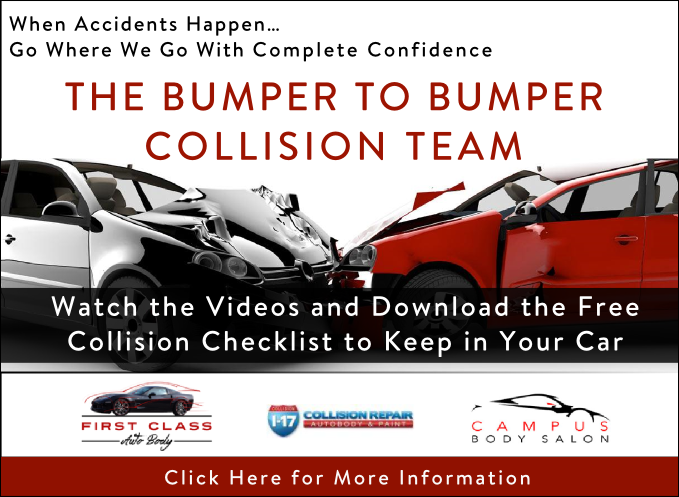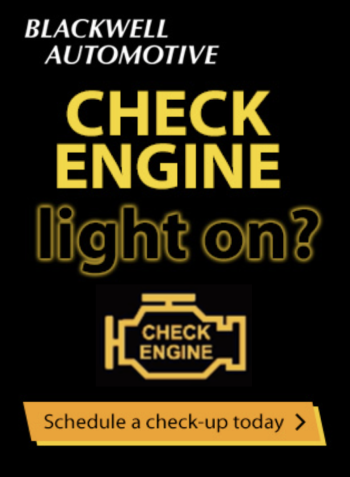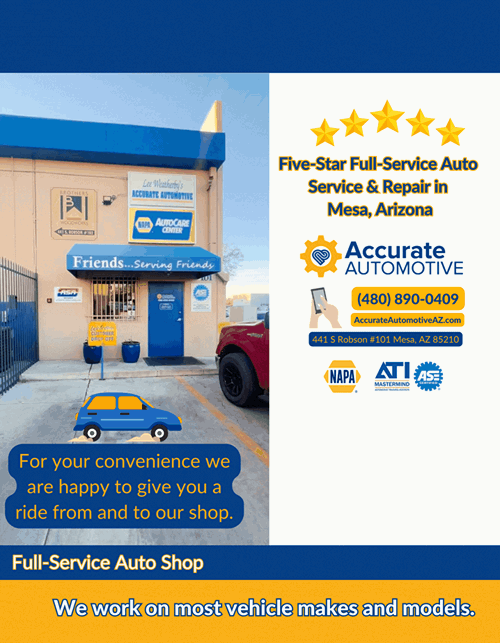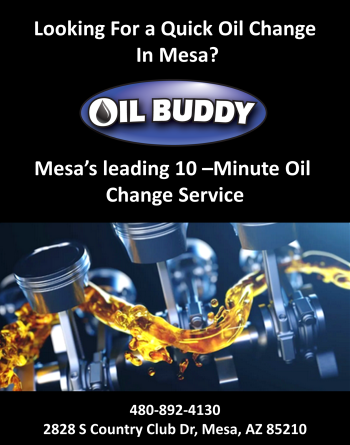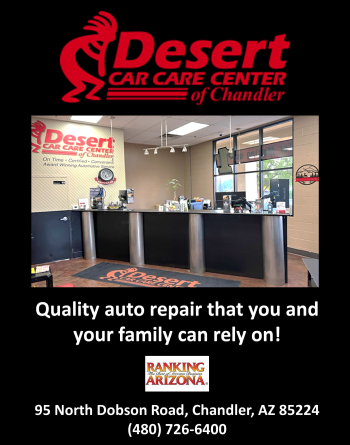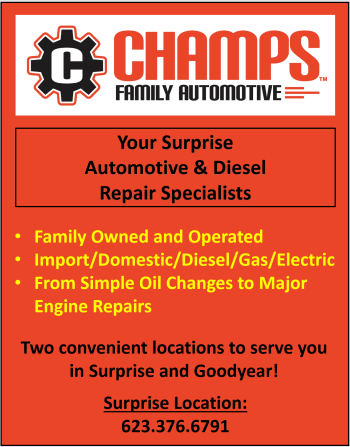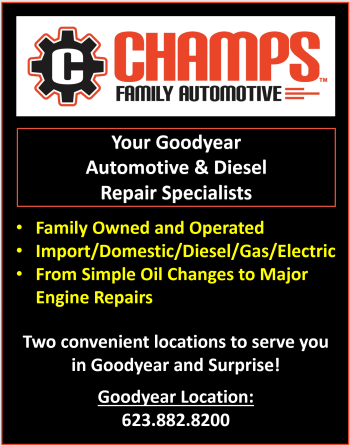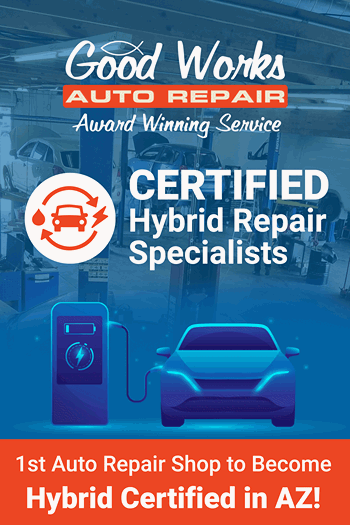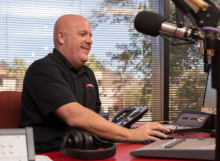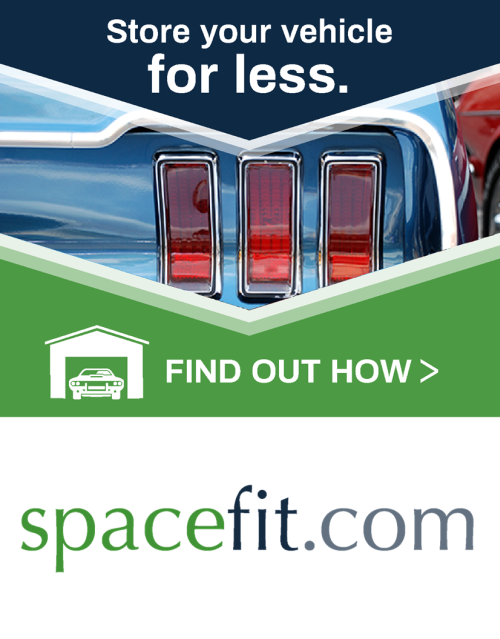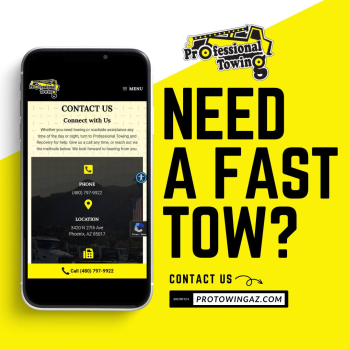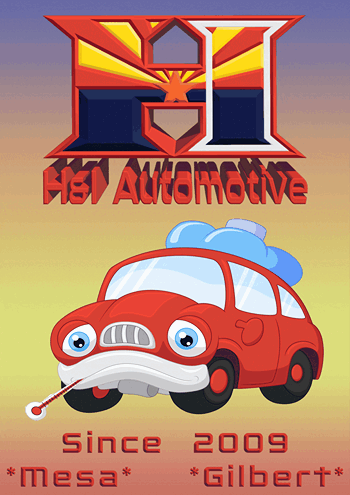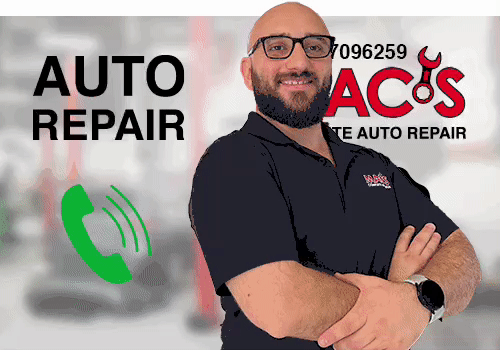Latest News From Bumper to Bumper Radio
Do you wait too long to fill up your gas tank! It may cost you more money in the long run. Automotive expert Lauren Fix, The Car Coach explains how running on empty can damage your car and lead to big costs.
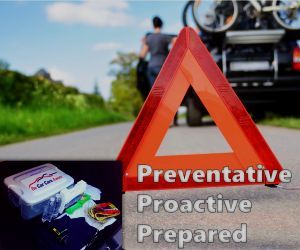 In recognition of National Preparedness Month in September, the non-profit Car Care Council reminds motorists of the importance of the three Ps of auto care to make sure their vehicle is ready for the unexpected.
In recognition of National Preparedness Month in September, the non-profit Car Care Council reminds motorists of the importance of the three Ps of auto care to make sure their vehicle is ready for the unexpected.
• Preventative – Reduce the chance of unplanned, costly car trouble by following a vehicle service schedule and performing routine maintenance. The Car Care Council’s free personalized schedule and email reminder service is a simple way to help you take better care of your vehicle.
• Proactive: If you find your vehicle needs repairs, be sure to address them in a timely manner to avoid more extensive work down the road. Before traveling longer distances, perform a pre-trip inspection before your journey begins so you have an opportunity to have any repairs made by a trusted technician before hitting the road.
• Prepared: Keep an emergency kit in your vehicle in case an unexpected situation arises. The kit should include jumper cables, a road atlas, first-aid kit, flashlight with extra batteries, water, non-perishable food and blankets. Be sure your cell phone is fully charged and order a free copy of the Car Care Council’s Car Care Guide for your glove box.
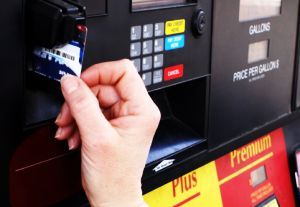 (WASHINGTON, August 31, 2105)- Pump prices continue to drop and most drivers should pay the lowest gas prices for Labor Day weekend since 2004. The national average price for regular unleaded gasoline has fallen for 14 consecutive days for a total of 20 cents per gallon. Today’s average price of $2.47 per gallon marks a savings of 12 cents per gallon compared to one week ago and 18 cents per gallon versus one month ago. Drivers nationwide continue to benefit from the relatively low price of crude oil with today’s average about 96 cents per gallon less than a year ago.
(WASHINGTON, August 31, 2105)- Pump prices continue to drop and most drivers should pay the lowest gas prices for Labor Day weekend since 2004. The national average price for regular unleaded gasoline has fallen for 14 consecutive days for a total of 20 cents per gallon. Today’s average price of $2.47 per gallon marks a savings of 12 cents per gallon compared to one week ago and 18 cents per gallon versus one month ago. Drivers nationwide continue to benefit from the relatively low price of crude oil with today’s average about 96 cents per gallon less than a year ago.
With heavy rain pounding many parts of the country, there’s a good chance that you’ll drive through high water that could damage your vehicle. Even though your vehicle may not have been flooded or completely covered in water, the Car Care Council recommends that motorists follow these guidelines to check for damage due to water intrusion or contamination:
Lauren Fix, The Car Coach discusses new cars and auto sales numbers in the US, energy prices and the impact on hybrids, and the latest technology and safety advances hitting the automotive industry today and in the near future.



